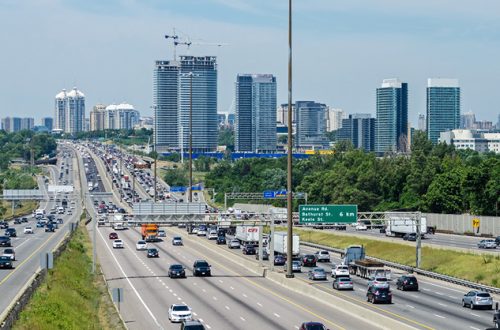
The Nuclear Waste Management Organization (NWMO) has been committed to reconciliation since its establishment in 2002. The company was created in accordance with the Nuclear Fuel Waste Act and they included Indigenous representation in their first advisory council.
This embedded the critical value in their work at origin and they have engaged in dialogue with Indigenous groups unlocking traditional knowledge and advice from Indigenous elders.
Indigenous Knowledge is a sophisticated system of knowledge drawing on millennia of wisdom and experience that constantly grows and expands with the experience of each generation.
It is built on an understanding that people are part of, and are one with Mother Earth, emphasizing the interrelationships among all components of the environment. Indigenous Knowledge includes respect for the land and ecology and developing and maintaining effective and meaningful relationships between generations and within and between communities.
NWMO knows working with Indigenous peoples, learning from Indigenous Knowledge and applying its learnings are critical to successfully implementing Canada’s plan for the long-term management of used nuclear fuel.
This is especially relevant this year as NWMO prepares to confirm a site for a deep geological repository.
“Working with Indigenous peoples, learning from Indigenous Knowledge and introducing Indigenous perspectives in our work is not only the right thing to do. It makes the work better,” said Laurie Swami, President and CEO of the NWMO.
The NWMO’s Indigenous Relations Resources
The NWMO’s commitment to contribute to reconciliation is not only upheld by internal mechanisms, such as representation on their Executive Committee, Board of Directors and Advisory Council, but is further reinforced through accountability and learning mechanisms like:
- Meaningful policies, e.g. our Reconciliation Policy (2019) and Indigenous Knowledge Policy (2020);
- An intensive four-part cultural awareness and reconciliation training program.
- Their reconciliation measurement matrix and assessment tool; and
- The Council of Elders and Youth, an independent advisory body to the NWMO.
“The NWMO has elevated our work by incorporating our reconciliation commitment into the fabric of our organization, by encouraging intentional action in our past, present and future planning,” said Bob Watts, Vice-President of Indigenous Relations and Strategic Programs at the NWMO.
Accountability and annual reporting
Consistent with the NWMO’s Reconciliation Policy, the NWMO measures and publicly reports on the implementation of their reconciliation commitments. Activities tracked include mandatory staff training and continuous learning opportunities, informal training opportunities, staff support systems and community-driven work plans.
To produce this report, the NWMO works with a third-party Indigenous organization that evaluates outcomes and impacts of the Reconciliation Policy.
Looking ahead
Later this year, the NWMO will choose a site for Canada’s used nuclear fuel repository and begin undergoing a rigorous, multi-year impact assessment. Action and accountability to reconciliation will continue to be vital to the project’s success.
In line with their commitment to reconciliation, the NWMO has been clear that they will only proceed with selecting a site for a repository in an area with informed and willing hosts, with the involvement of municipal and Indigenous communities.




Leave a Comment